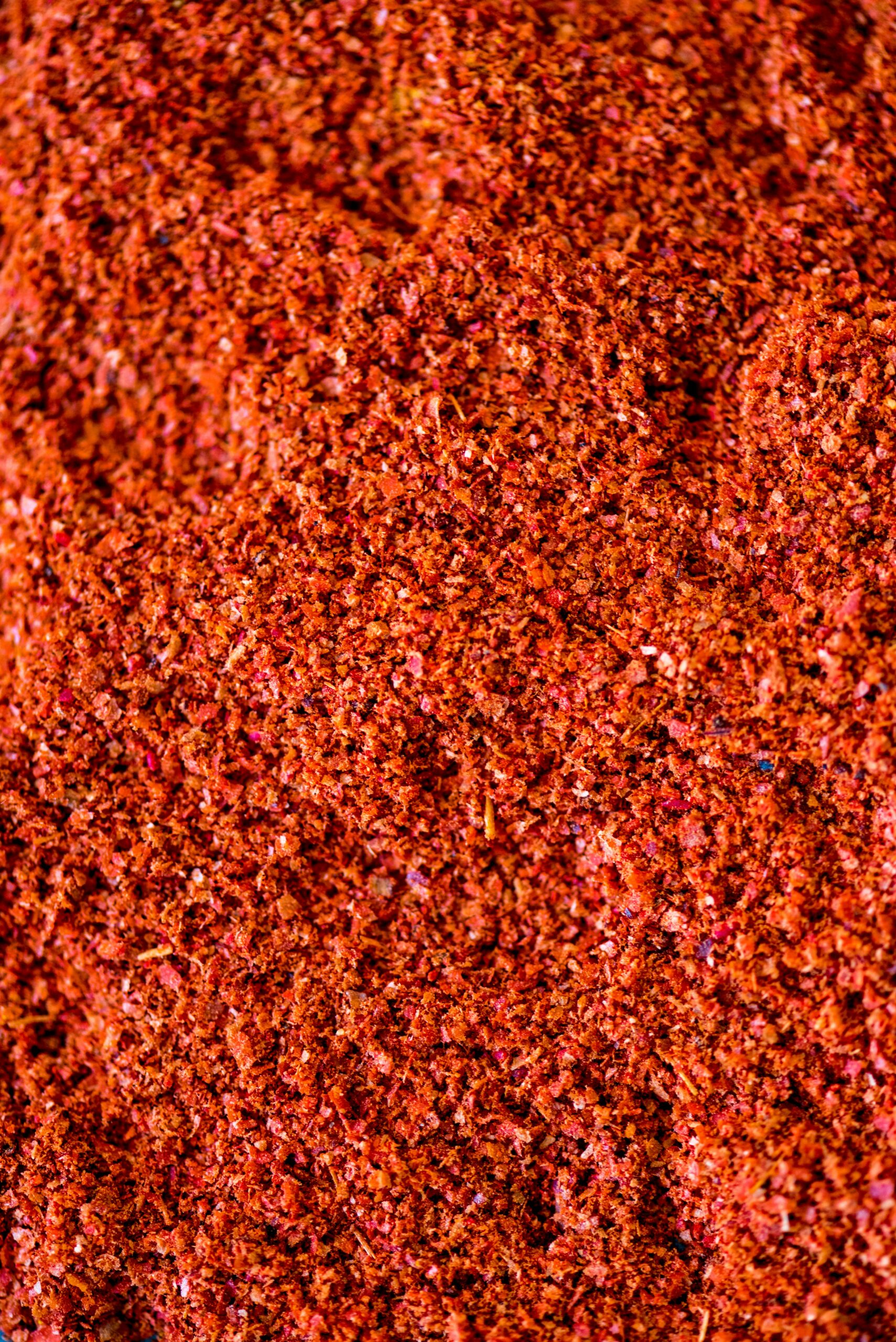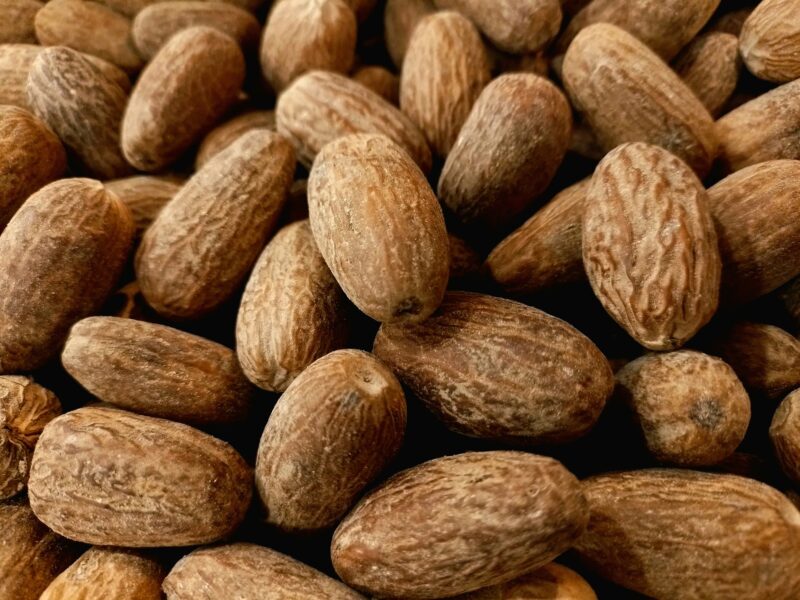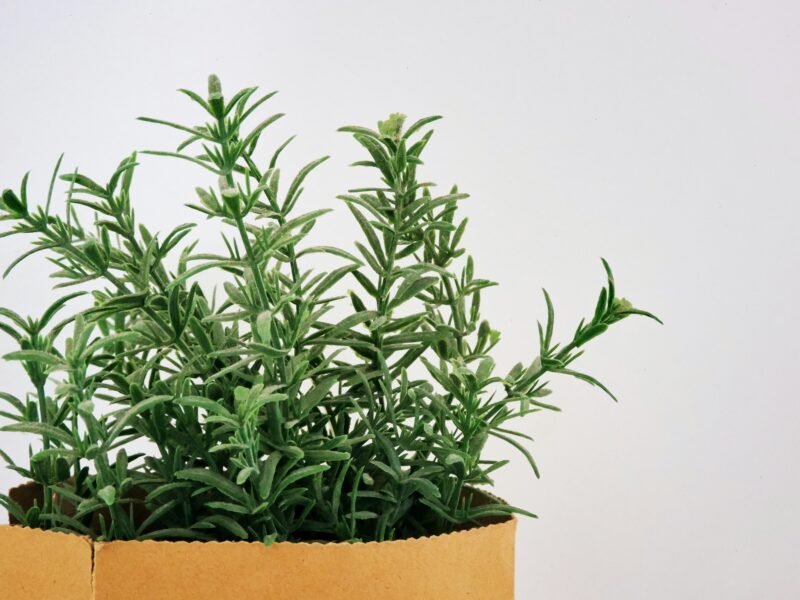Paprika powder is a staple spice in kitchens worldwide, known for its vibrant red color and distinctive flavor. Whether mild and sweet, smoky and robust, or fiery and hot, paprika adds depth and character to countless dishes.
But what exactly is paprika powder, where does it come from, and how can you best use it in your cooking?
Origin and cultivation of paprika powder
Paprika powder comes from dried and ground peppers of the Capsicum annuum family. Originally native to Central and South America, these peppers were introduced to Europe by Spanish explorers in the 16th century. Today, paprika is cultivated in several countries, with Hungary, Spain, China, Peru, and the United States being the primary producers.
The process of making paprika powder involves harvesting the peppers, drying them (either by air or smoking), and grinding them into a fine powder. The type of pepper and drying method determines the flavor profile of the final product, ranging from sweet to intensely smoky.
What does paprika powder taste like?
Paprika powder offers a variety of flavor profiles depending on the type. Sweet and mild paprika has a delicate fruitiness, while smoked paprika brings a rich depth. Hot paprika, on the other hand, delivers a noticeable fiery kick due to its capsaicin content. The spice pairs well with cumin, garlic, oregano, black pepper, and chili powder, making it an essential ingredient in many spice blends.
Flavor nuances:
- Mild and slightly sweet with fruity undertones
- Deep and smoky (for smoked paprika)
- Bold and spicy (for hot paprika)
Paprika powder substitutes – what can you use instead?
If you run out of paprika powder or want a different twist, there are several alternatives.
- Cayenne pepper: Much spicier, use sparingly.
- Chili powder: Slightly more complex due to mixed spices.
- Chipotle powder: Smoky and earthy, ideal for bold dishes.
- Turmeric: Adds color but lacks paprika’s sweetness.
Difference between sweet, smoked, and hot paprika powder
Not all paprika powders are the same, and each variety brings its own unique touch to a dish. Sweet paprika has a mild, slightly fruity taste and is commonly used in soups, sauces, and garnishes. Smoked paprika, known as Pimentón de la Vera, is dried over oak wood, adding a deep, smoky intensity, which is perfect for BBQ rubs and Spanish dishes. Hot paprika contains capsaicin, bringing noticeable heat and a bolder kick to recipes.
How to use paprika powder in cooking
Paprika is a versatile spice that enhances both sweet and savory dishes. Its rich, aromatic qualities make it a favorite in many cuisines worldwide.
In savory dishes:
- Hungarian goulash: A hearty stew where paprika provides warmth and richness.
- BBQ chicken rub: A sweet and smoky seasoning for grilled meats.
- Chili con carne: Hot paprika provides bold heat and complexity.
In snacks and dressings:
- Deviled eggs: A sprinkle of paprika adds flavor and visual appeal.
- Hummus and dips: Enhances the depth of creamy spreads.
- Seasoned nuts and popcorn: A dash of paprika introduces a mild spiciness.
- Hungarian goulash: A rich, paprika-based beef stew
- Chili con carne: Hot paprika adds bold heat
- Deviled eggs: A sprinkle of sweet paprika for color and flavor
Cooking tips:
- ✔ Avoid prolonged exposure to high heat—it can become bitter.
- ✔ Toast paprika in oil for a richer, more intense flavor.
- ✔ Store in an airtight container away from heat and light to maintain freshness.
Where to buy paprika powder
Paprika is widely available in different forms. Most grocery stores carry standard sweet and hot paprika in the spice aisle. Specialty shops often stock authentic Hungarian or Spanish varieties, which are ideal for traditional dishes. Online retailers offer smoked and gourmet paprika in bulk, while local markets may sell freshly ground paprika, which boasts enhanced aroma and flavor.
Why paprika deserves a place in your kitchen
Paprika powder comes in sweet, smoked, and hot varieties, each offering distinct flavors. It is a key ingredient in savory dishes, spice blends, and marinades. Available in grocery stores, specialty stores, and online shops, paprika remains an essential spice for home cooks and chefs alike.


